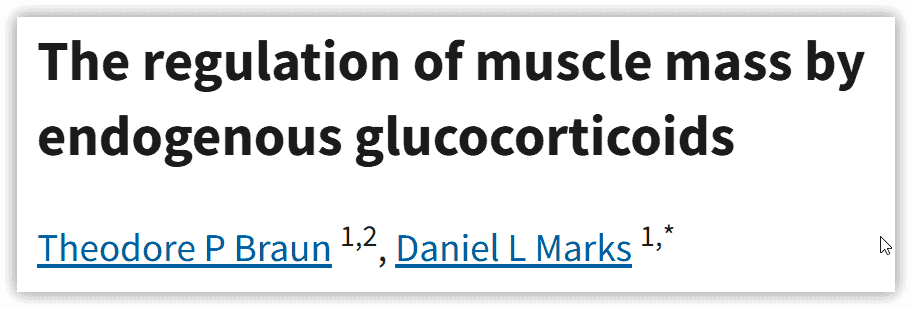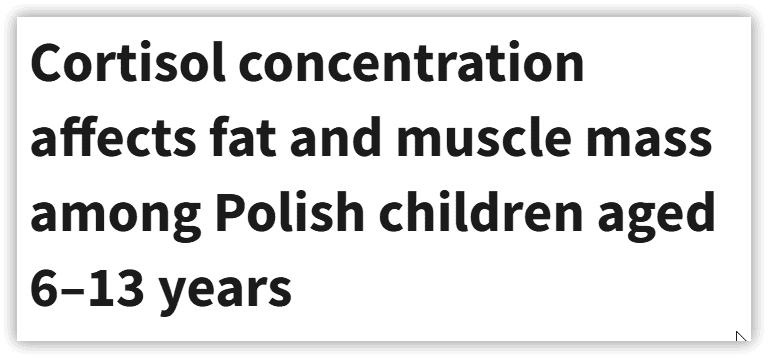I started reading the book Caffeine Blues: Wake Up to the Hidden Dangers of America’s #1 Drug after seeing it mentioned in this thread:
by an anonymous user. I didn’t read it immediately after seeing it mentioned. Just recently after another day of bad sleep I finally considered looking into caffeine and its effects, and remembered seeing that book.
Has anyone else read this book? Has anyone else read this book that still drinks caffeine? Who still drinks caffeine specifically because they disagree with what they read in this book (or any other anti-caffeine material) and not due to failing at quitting caffeine? Is anyone aware of refutations of the book? I googled “refutation of caffeine blues” and didn’t find anything substantial.
Personally I’m quitting caffeine regardless (only reason I have not yet is due to being on vacation in another country as I write this and I don’t want to bother with any big lifestyle changes away from home) as I openly drink it to avoid headaches and nothing else. I personally don’t get any noticeable affect when I drink it. Probably because I’ve been drinking a fair amount of caffeine since little (~5 at least). Sodas are the obvious culprit, but my father also let me have a fair bit of energy drinks too. So the decision to quit it isn’t difficult and I always intended to quit it for a short-time (to cycle the affects) but after reading this it may be a longer-term decision to not drink it again.
Some things mentioned in the book that I found interesting:
I find it remarkable that so little attention has been paid to the role of caffeine in eye health. Caffeine’s diuretic effect can make your eyes so dry that wearing contact lenses is uncomfortable or impossible.
Cherniske, Stephen Snehan . Caffeine Blues: Wake Up to the Hidden Dangers of America’s #1 Drug (p. 223). Grand Central Publishing. Kindle Edition.
I’ve always had an issue with dry eyes. I’ve never been given a good reason as to why that is. My ophthalmologists growing up were aware of my caffeine intake (I have a number of eye conditions) and didn’t mention anything about not taking in caffeine. They just prescribed me special eye drop drugs for my eyes and thats it. Insurance never covered the eye-drops though and I was too broke (at the time) to afford the eyedrops so I never tried them. Maybe my caffeine intake played a part. Broadly I have quite a few issues with my eyes and I wonder how much of those issues have been due to caffeine.
It’s metabolic stress from poor food choices, pollution, and electromagnetic radiation.
Cherniske, Stephen Snehan . Caffeine Blues: Wake Up to the Hidden Dangers of America’s #1 Drug (p. 206). Grand Central Publishing. Kindle Edition.
The author mentions electromagnetic radiation being bad. I remember Elliot asking about the health concerns of EMFs health here: Do EMFs Harm Health and Cause Cancer?
The article Elliot references is from 2021, the book is from 1998. The author doesn’t go into anything in-depth on EMFs I just noticed he mentioned them as a potential health concern.
Malnutrition is one of the most well-defined effects of habitual caffeine intake. It contributes in a very logical way to a host of disorders that we will explore in Chapter 5. Caffeine, and possibly other ingredients in coffee and tea, causes an increased loss of thiamin and other B vitamins in the urine.43–44, 45 There is evidence that caffeic acid also decreases the bioavailability of thiamin so that less of this vital nutrient is absorbed from food46. Since the B vitamin status of many Americans is borderline to begin with, regular consumption of coffee and soft drinks can contribute to deficiency and a raft of symptoms, including neurological damage.47
Cherniske, Stephen Snehan . Caffeine Blues: Wake Up to the Hidden Dangers of America’s #1 Drug (p. 96). Grand Central Publishing. Kindle Edition.
Caffeine causes issues with thiamin. Thiamin is something the forum has talked about before, here: Thiamin, Vitamins and Derrick Lonsdale
I’m having trouble finding my digital copy as I write this, but in Why I Left Orthodox Medicine: Healing for the 21st Century I don’t think Lonsdale talks about caffeine too much and its interacting with thiamin. I remember him not being a fan of caffeine but thats it.




